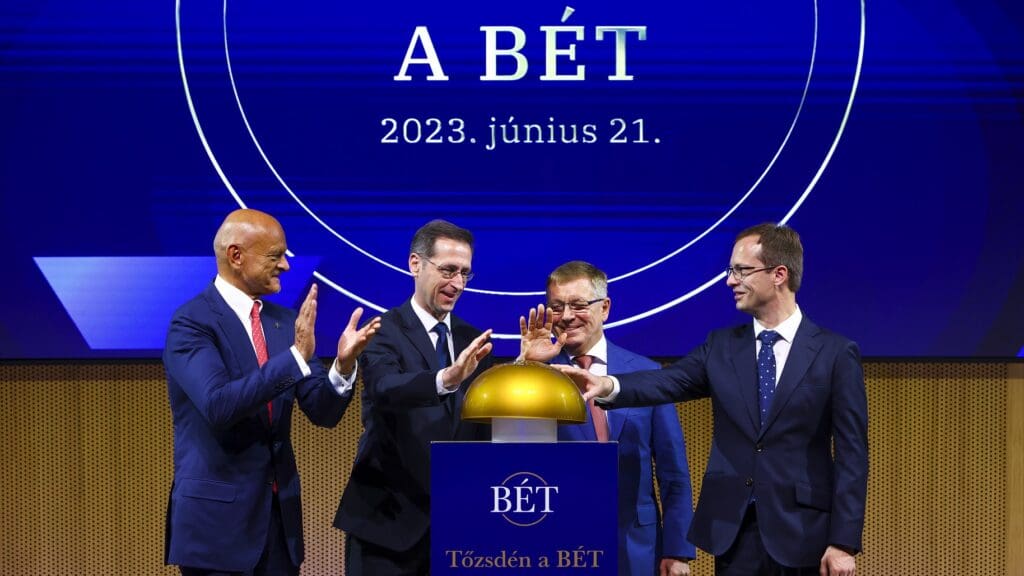It is important for us to understand that one person is not a Catholic or a Liberal as the result of any rational process—at least, perhaps, not in the vast majority of cases, although there are individual exceptions.
That is, one is not a Catholic because one sat down and studied the Catholic doctrine, compared it with other doctrines, and decided that Catholicism was what made the most sense. One is a Catholic, generally, because one’s parents and neighbors were—that is, out of an entirely unreasoning desire to conform, to believe what one perceives that one is expected to believe. We are taught as children that fitting in is important in order to keep good relations with others, thus it is ingrained in us that the simplest thing to do is follow what others do.
There has been strong resistance to accepting the implications of this important facet of human behavior. People seem to want to believe that we are all quite rational, when most of us aren’t. For our purposes, the implication of the fact that most people are governed far more by herd instinct than by reason is this: Insofar as the general public is concerned,
truth cannot fight its own battles.
As long as the Liberal Press and Hollywood entertainment complex has more kilowatts for reaching the public than we do, it will be their view of history and, more important, their view of what is moral rather than ours which will be generally accepted, and which will govern the political process in our respective countries.
This means that we can realistically expect our educational efforts to be effective with only a rather small minority of our fellow citizens. We cannot expect to make a partisan for our cause out of the average man or woman who perceives, even unconsciously, that our cause is not popular, no matter how many books or leaflets we may coax that person into reading. We win only two types of people: One is the person who is already alienated to a certain extent from the world and does not fully feel himself a part of the herd receiving the preaching. Unfortunately, in many cases people are alienated for reasons which are entirely or partly wrong from our point of view.
That is why protest movements and certain revolutionary movements always pick up lots of defective people. On the other hand, alienation is certain to remain a growth industry, as they say, and one can hope to see many more essentially healthy people becoming alienated from the mainstream in the years ahead. Liberalism is a self-sabotaging ideology, something which goes against its own interests by both demonizing men, the primary movers and shakers in history. They have talented people, but they are careerists, and the main core of their ideals are so used to a uniform party line, that when our people actually stand up and argue with them they fall like a house of cards.
This leads us to the second type of person we are able to win with an educational effort, and who serves as one of the rare exceptions to the general rule: a person who is strongly motivated by ideas as well as by instinct, and who has already been groping in our direction. Our effect
with such a person is primarily to help him clarify his ideas and to lead him more rapidly to their logical conclusions.
This contrast between idealistic motivation and herd instinct tells us only part of the story as to why people behave the way they do.
The rest of the story takes us into the realm of values.
Consider your average man or woman, your ordinary American: what, other than herd instinct, determines his behavior—in particular, the way he votes?
Well, he generally likes to be warm, dry, and comfortable. He likes to eat. He likes sex. He likes to feel secure. He likes to be entertained. He likes to own shiny things, such as automobiles, boats, houses, new golf clubs, and jewelry. This is principally what I call the ‘shopping mall’ mentality. And that’s about it. If these desires of his are gratified, then he is satisfied. If he thinks a politician will satisfy him, he’ll vote for the man. A vote is about the same to him as what product he prefers.
When it comes time to vote, if one candidate is in favor of boat people and a second candidate is against these things—and if all other factors are equal—then he’ll vote for the second man. But all the other factors are never equal. And if the liberal man has a nice smile and a warm personality that makes the voter feel more secure, while the illiberal man wants to raise taxes, say, and the voter is not a fan of that, then he’ll vote for the liberal candidate nine times out of ten. This is simply the way democracy works, the voter wants his cake and to eat it too.
That is why a country like Canada, which is otherwise known for their excellent standards of living, could vote a person like Trudeau into power. Trudeau used his charm and father’s records along with the broken Canadian political party system to maintain power for so long. Those who vote for him are either bought off with subsidies or brainwashed into thinking his liberal values make Canada the greatest country ever. Meanwhile, Canada now faces an immigration crisis that has left housing prices and rents the highest in the developed world. This is simply the way democracy works, the voter wants his cake and to eat it too.
Now, if this average citizen hears that illegals are pouring into a country and causing chaos he will be annoyed—if liberalism hasn’t already affected his mind too much and he still has healthy instincts. When he hears that children are being taught to hate their historic identity and even question their sexuality, again he’ll be annoyed. All these things are, to a greater or lesser extent, perceived as threats at the instinctual level. They trigger his normal territorial and filial reflexes. But unless the threat becomes very direct and very personal—unless the riot is in his neighborhood, or unless he receives a special tax in the mail to provide welfare payment for more illegal immigrants—the annoyance remains minor. It does not override his desire to be satisfied.
Many people don’t like the view of human behavior I am presenting to you, because it is mechanistic; it reduces man. And I’ll admit that it is an oversimplified view. But it is nevertheless a fact that man is an animal, and that fact accounts for 99 per cent of his behavior. In particular, it accounts for the way he votes. The average person simply has too many things to do in life and will not bend over backwards and spend hours researching policy and books, which is why we should do it for them. I said the fact that man is an animal explains 99 per cent of his behavior, and anyone who wants to change the world in any way must take that fact into account. But it is the other one percent of human motivation that I’m more interested in and that we should be more interested in.
It’s the other one percent that explains why those who did actually make changes do the things that they do.
A true nationalist is a man whose priorities were different from those of your average American or European voter. A nationalist likes to be warm and dry and to have a full belly, just like everyone else. And, presumably, he likes to own shiny things. But when illegal migration threatens the identity of a country, it wasn’t just a minor annoyance to him. He had a larger view of the world and of his race and of his relationship to them. He could abstract what was a minor, personal threat to your average voter, and he could relate that abstraction to his view of the world.
Actually, there are two concepts here. First, the rational nationalist has the capacity for abstraction, for taking an idea out of a specific set of circumstances and putting it into a more general context: for converting an idea into an ideal. That is a capacity which relatively few people have to any significant degree. And, second, there are values, the choice of which things count most. For most people the things that come first, even if they have the capacity for abstraction, are entirely personal. It is only for a minority within a minority that the long-range things are the ones that count. Only the very few can feel that it is more important that strength and beauty and wisdom prevail and become stronger and more beautiful and wiser with each succeeding generation than it is that any individua—or a million individuals—have full bellies.
So we see here the crux of my argument: that
we have two sets of values against each other.
One is a long-term historical and instinctual viewpoint. This viewpoint sees things in regards to our people’s collective survival and sovereignty. Opposed to them were not only the values of the government and the media and the plutocrats, but also the individual-centered set of values of mass man, of the average voter.
We are concerned, then, not only with education, but to also with helping people clarify their thoughts and reach the proper conclusions, and also with embodying and institutionalizing a set of fundamental values and a view of the world. We are convinced that, unless our values prevail and rule, unless it is our worldview which determines the shape of the future by setting men’s priorities and guiding them in their decisions, then there will be no future—that is, no future worth mentioning, because it will be a retrograde future, and our race will not be a part of it.
And, in fact, the only valid reason why our people must survive and thrive is that it is the bearer of the values that we are determined shall prevail. For life loses its intrinsic value when its only motive is to increase its quantity, when its only goal is satiety.
What dawned on me a while ago was that the elite in the EU are very stupid. The goal of Europe is indeed the creation of a superstate, or empire. This is exactly the opposite of nationalism. The European Union, even if it were to become this superstate, will have its end just like the Habsburg and the Soviet Empire. However, the audacity of the European project is that this teleological view of history has never been considered by the liberal elite. To them, a united Europe will be a fairytale land when Europe can ‘stand together’ and those pesky nationalists will finally see the error of their ways. What they fail to get, and what we must never forget is that our values are BETTER than theirs. We believe in vitality, life, property, God, and love for our people. They care about cosmopolitanism and selfishness.
The value of every form of life—of every nation—of every individual—is not that it is an end in itself but that it is a means to a higher end. The value of a man’s life is not to be found in the degree to which he enjoys himself or in the amount of wealth or power he accumulates—and it especially is not to be found in the so-called good he does by making life more comfortable for others, no matter how shrewdly he may have done it. It is to be found only in the extent to which he works for a higher good, the habit of thinking that underlies genius.








